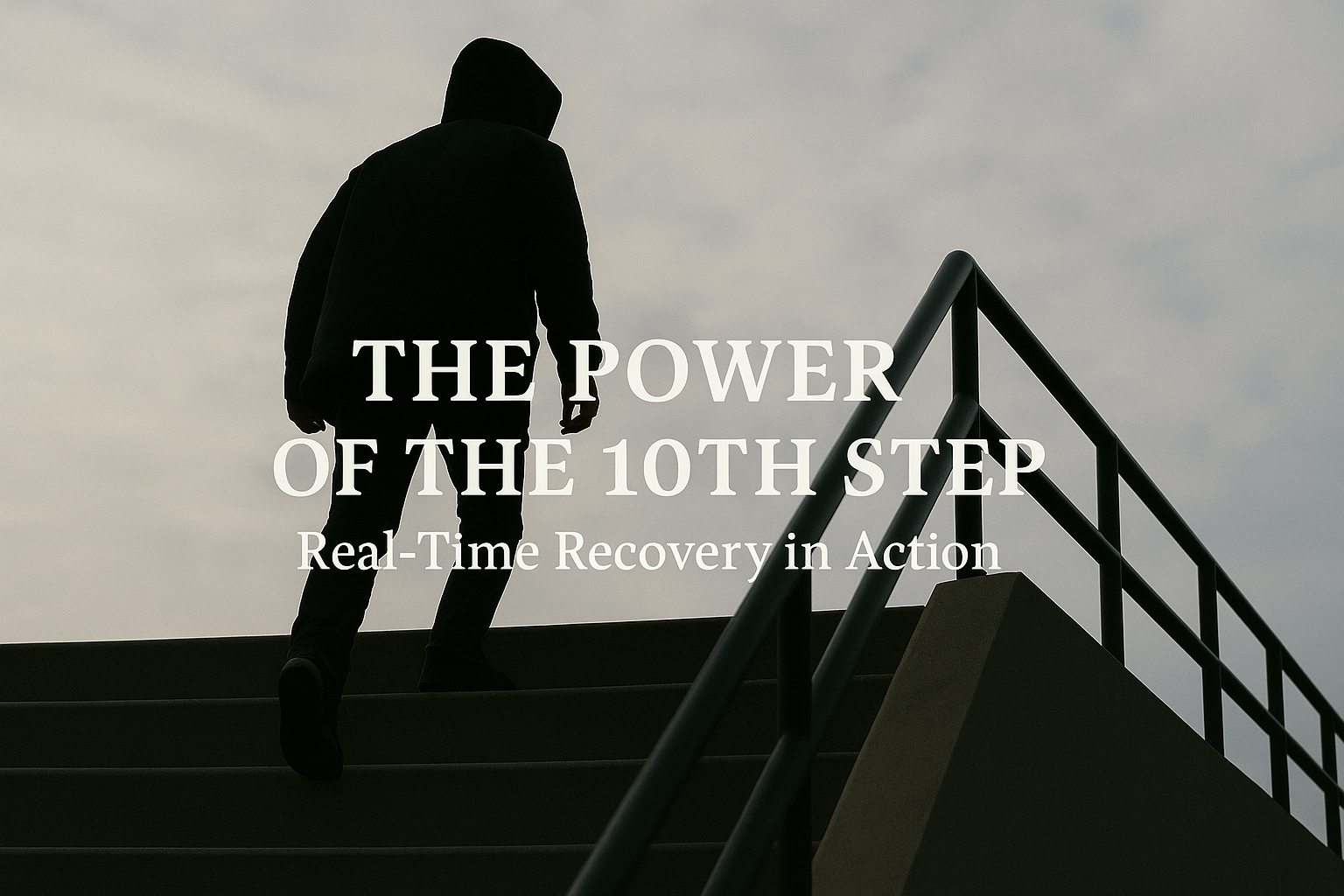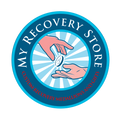
The Power of the 10th Step: Real-Time Recovery in Action

Hi, I’m Boston Jon, and I’m an alcoholic.
This morning on the way to work, I found myself thinking about the importance of the 10th step in Alcoholics Anonymous. This step—“Continued to take personal inventory and when we were wrong promptly admitted it”—isn’t just a concept we think about, it's a tool we live by every day in sobriety.
Unlike some of the earlier steps that dig into the past, the AA 10th step is about staying honest in the present. It asks us to take ongoing personal inventory and own up to our mistakes as they happen—not weeks or years later, but in real time.
Why the AA 10th Step Can Be the Hardest
A lot of people assume steps like the 4th or 9th are the toughest, but for me, the 10th has its own unique challenge. When I was doing the 9th step—making amends—it involved things I’d done in the past. There was some emotional distance. But doing the 10th step in AA? That means admitting when you’ve just done something wrong, right in the moment. That’s a lot tougher, because you’re still in the heat of it.
My First Real Example of the 10th Step
One of the most powerful real-life examples of AA step work in my own sobriety came from a run-in with a guy in the program I didn’t like. He was into the AA literature, like me, but something about him rubbed me the wrong way. He seemed too proud, too polished—like he was “running for mayor.”
He posted a flyer for his anniversary celebration, and I thought the whole thing was over-the-top. So, I grabbed a pen and wrote “A Celebration of Humility” on it—sarcastic, of course. It was my way of taking a cheap shot at him, thinking I was being funny.
But a couple of days later, I saw him notice the edit and replace the flyer. And just like that, guilt hit me. I told a buddy in the program what I had done, expecting a laugh, and while he did laugh briefly, he looked at me and said, “Yeah… you might want to clear that up.”
That one line stuck with me. I knew I had to practice the 10th step of Alcoholics Anonymous and make amends.
 Making Amends in the Moment
Making Amends in the Moment
When I got back from a trip, I made it a point to attend a meeting I knew this guy would be at. Afterward, I waited outside—nervous, uncomfortable, completely unsure how he’d react. But I approached him, told him exactly what I’d done, and apologized.
He shook my hand. Then he hugged me.
That interaction taught me so much about what it really means to make amends in AA—not just by saying sorry, but by changing the way I act and think going forward. It was the first time I saw the full value of living this step.
How I Practice the AA 10th Step Today
These days, I’m a lot better at self-policing. I try to catch my judgments and resentments before they turn into comments or actions. But I’m human. And when I slip, I use the 10th step to clean it up.
The beauty of Alcoholics Anonymous step 10 is that it’s not about being perfect—it’s about being honest and growing. It’s about staying connected—not only to the program, but to the people in our lives.
This step reminds me that sobriety step work isn’t just for meetings—it’s for everyday life. Whether it's dealing with family, strangers, coworkers, or friends in the fellowship, recovery and self-awareness go hand in hand. The 10th step helps me keep my side of the street clean, every day.
So yeah, I carry on. I stay vigilant. And when I mess up, I own it.
Thanks for reading—and have a good rest of your day.

